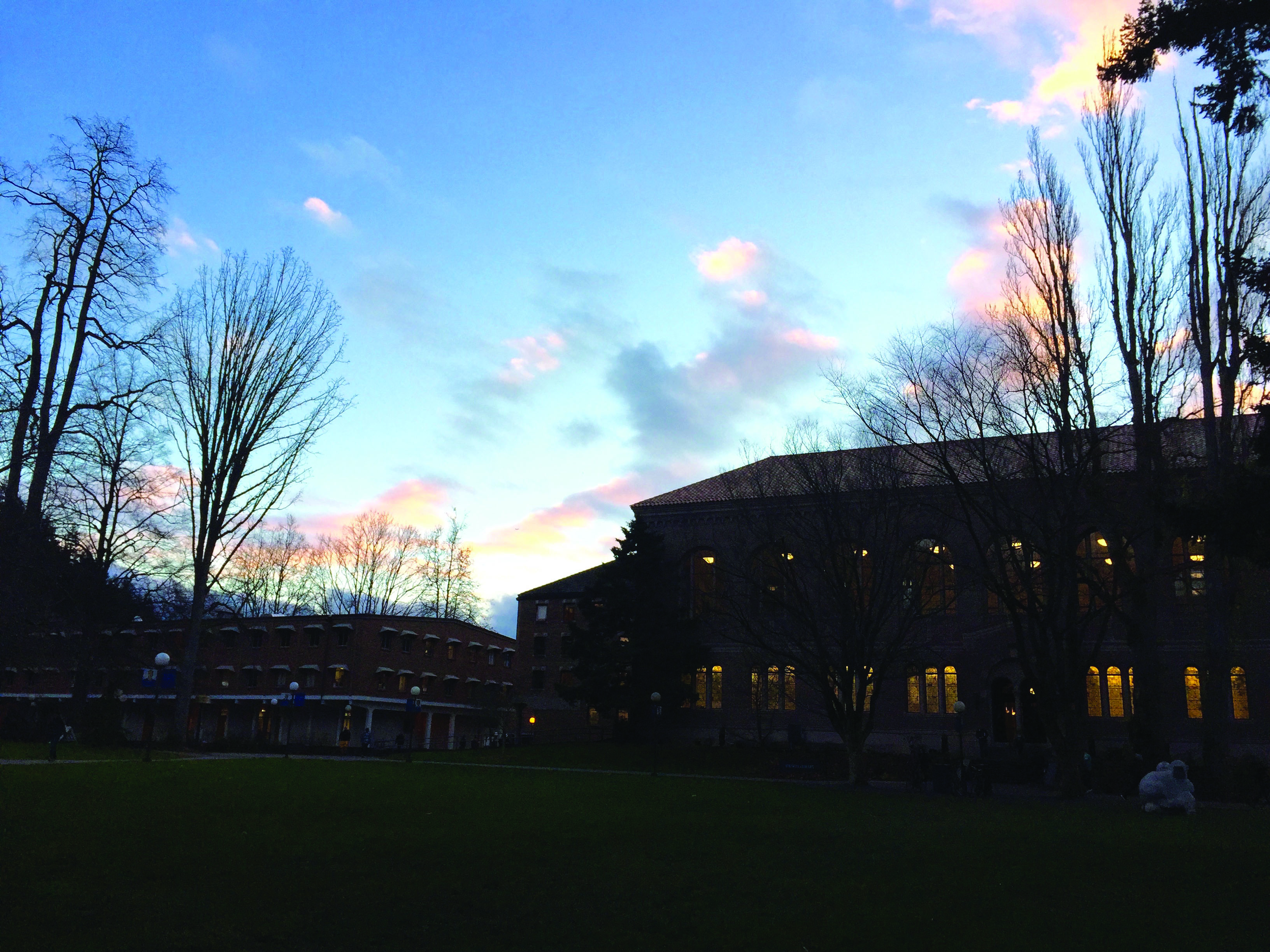Natalie Elskamp
Staff Reporter
Life is like a game of Plinko.
You could know what you’re going to get, you just haven’t considered all the variables.
If you tried to consider all the variables, you would not succeed. There are too many of them. Plus, such a feat would require an impossible level of precision.
When you roll a die, is the outcome random? Yes and no. The human mind cannot predict the outcome; however, the outcome can, in theory, be predicted.
Say you push a block across the floor. It is not feasible to predict exactly where it will land; but if you knew everything about the object’s properties, the floor’s properties, the nature of the force that was applied, and so on (i.e., the initial conditions), then you could calculate an answer.
What is more, there would be no way for the block to land anywhere but where it was predicted to land.
This concept is intuitive in a chemistry laboratory. When a chemist performs a reaction twice and obtains different results, she does not declare “There must be more than one possible outcome that may proceed from the same starting conditions.” Rather, she says “Something about those conditions must have been different,” even if that something boils down to a minute difference in temperature.
Nothing, save our deeply internalized sense of autonomy, suggests that human beings are extricated from the rule of cause and effect. In other words, unless we have some yet-to-be-explained quality about us, it must be concluded that humans lack free will.
Even if, contrary to what was implied before, true randomness does exist (at the quantum level, as many, though not all, quantum physicists contend), free will would remain unaccounted for. Free choices are no more random than they are determined.
If you are not yet convinced that free will is an illusion, consider another argument:
Have you ever done something you did not want to do?
“Yes, I was up until 2 a.m. doing homework!” you might reply. Or maybe, “Once, I barreled into a pond to save an ornery neighborhood kitten!”
Sure, there may be aspects of late night homework you do not particularly like, but was there not another want — namely the want to maintain your grades — that overpowered the want to sleep?
You might then say, “Fine, but I can choose my wants. For example, I could decide to hang around people who help me to desire good grades.”
Fair point, but why would you choose to hang around those people? Because you want to. Wants lead us to seek other wants. At some point, either those wants themselves were influenced by prior wants or they emerged on their own.
Many decisions, such as those that arise involuntarily, subconsciously, or out of habit, are not candidates for free decision-making. They therefore may “pass” the test outlined above, in the sense that they are actions we genuinely do not want to perform, without defeating the argument.
Human beings are not free, which can be demonstrated in at least two ways. Wants cannot be freely chosen and yet they dictate every conscious decision that we make. Moreover, the very concept of free agency is incongruent with what we know about the natural world.
















